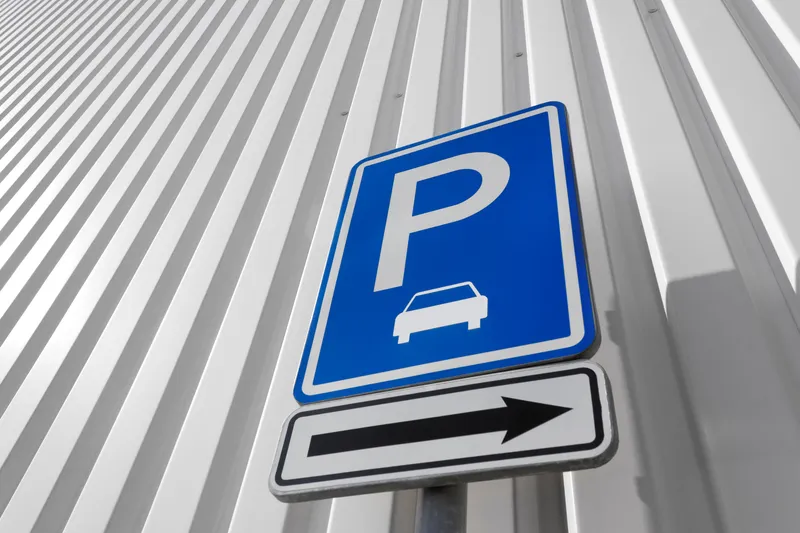3M has entered into an agreement to acquire the business of Federal Signal Technologies Group (FSTech) from Federal Signal Corporation for a purchase price of US$110 million in cash, subject to post-closing adjustments. 3M says the fast-growing $3 billion electronic tolling industry is projected to grow at a rate greater than 12 per cent per year as government agencies increasingly rely on tolling to fund roadway infrastructure, construction and maintenance. The company says FSTech’s solutions for electroni
June 22, 2012
Read time: 3 mins
3M says the fast-growing $3 billion electronic tolling industry is projected to grow at a rate greater than 12 per cent per year as government agencies increasingly rely on tolling to fund roadway infrastructure, construction and maintenance. The company says FSTech’s solutions for electronic tolling, vehicle identification and classification, toll management software, licence plate recognition, and parking lot fare collection systems, combined with 3M’s traffic management solutions, will advance the tolling and parking industry, enabling seamless fare collection wherever motorists drive.
“Electronic tolling and parking are key adjacencies to 3M’s offering for motor vehicle systems and services,” said John Houle, vice president and general manager, 3M Traffic Safety Systems Division. “FSTech will complement 3M’s offerings for the Department of Transportation, the Department of Motor Vehicles, toll authorities, and law enforcement agencies, and expand on our core traffic products for motor vehicles and roadways, and licence plate validation materials.”
FSTech’s technologies come from its five business units:
“3M’s expertise and innovation in the traffic industry make it a natural choice to continue to build this important business for our customers and for drivers everywhere,” said Dan McGurran, director, 3M Motor Vehicle Systems and Services.
"The sale of our FSTech business to 3M presents the best opportunity to maximise FSTech's value for Federal Signal shareholders, and complements 3M's global portfolio," said Dennis Martin, Federal Signal's president and chief executive officer. "I believe this transaction will benefit Federal Signal in two important ways: first, it will enable us to transform our balance sheet, and second, it will allow us to bring more focus to driving profitable growth in our core businesses of industrial and municipal equipment and safety and security solutions. We plan to intensify our commitment to new product development and excellence in customer service, and to expand certain businesses in response to the increasing global market demand for improved security and warning systems."










